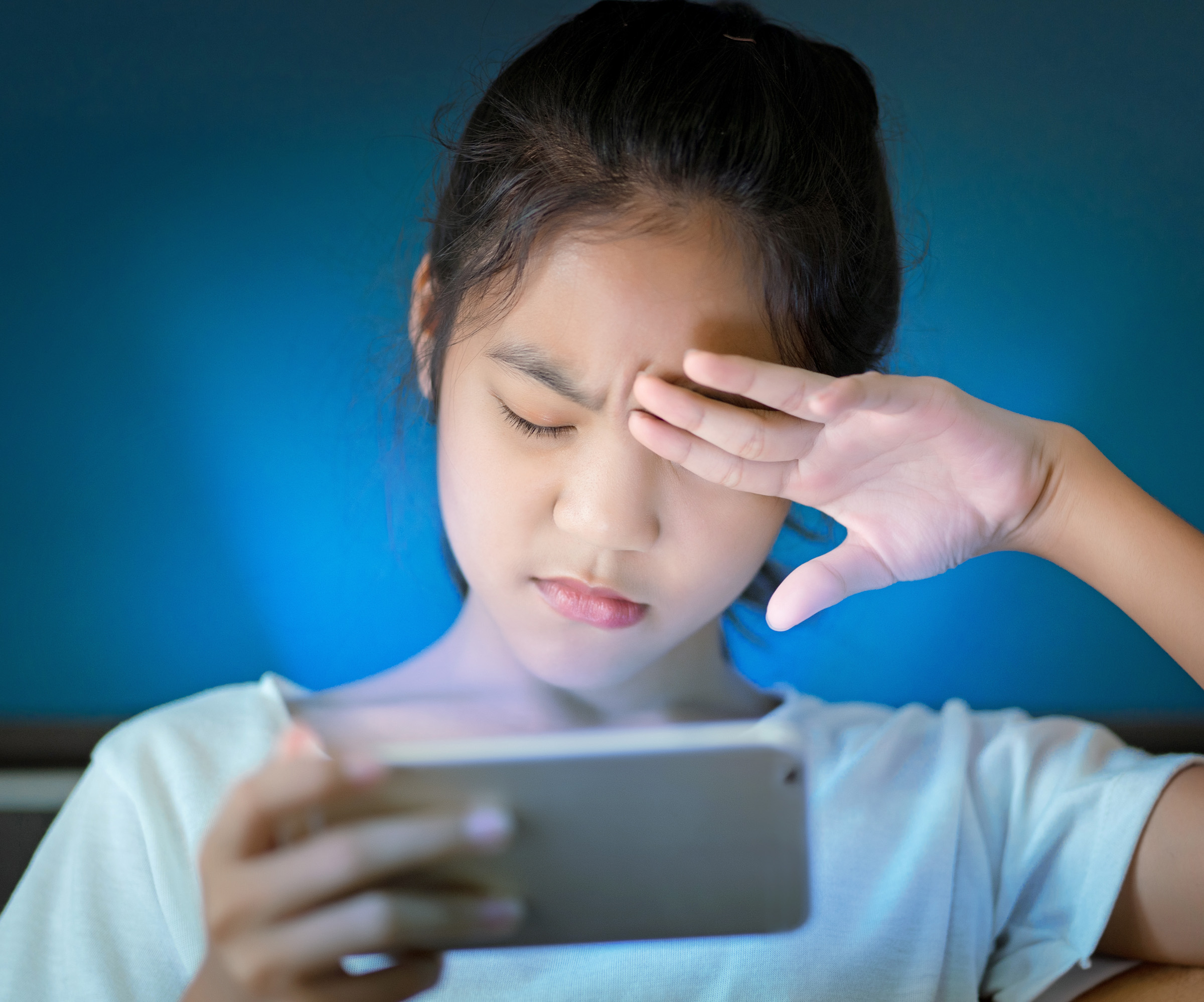
Its design also works to keep your circadian cycle efficient and quality of sleep existent. This is getting impressive reviews and is similar to f.lux.
Eye timer screen computer android#
If you’re an Android user, then you can download Twilight to your device. Plus, it hasn’t been updated since 2016, so we wouldn’t recommend downloading this version.

There’s a preview/root-only version for Android, which is getting a lot of flack about glitches. You can download this app to your PC, Mac, Linux, or iPhone. Play around with the settings to see what works best for you.Īnother upside is that it automatically detects when you’re using apps that require blue light, such as YouTube. There are also presets you can choose based on your goals.įor example, you can choose between any of the following to reduce eye strain: For instance, you can choose to darken the screen earlier in the day. So using digital devices before bed can interrupt your circadian cycle and prevent you from getting a good night’s sleep.į.lux also comes with other settings you can tweak yourself. 'With increasing screen use, we see a reduced ability to converge up close and bring things together. 5 Every time you blink, you restore and smooth out the tear film. That will cause less flickering of the screen.When your eyes see blue light, your mind thinks it’s daytime. It protects the eye from potentially-harmful bacteria and viruses and helps maintain normal eye function. That means it will give off less blue light, which is linked to more eyestrain.

Follow the 20-20-20 rule: every 20 minutes, look at an object at least 20 feet away for at least 20 seconds.You can find them for all types of computers, phones, and tablets. Cut glare by using a matte screen filter.The center of the screen should be about 10-15 degrees below eye level. Make sure your computer screen is about 25 inches, or an arm's length, away from your face.But a few changes to how you use your devices can be easier on your eyes. No, you don’t have to cut out all screen time. Also, the contrast of text against the background, the glare, and flickering from digital screens can be hard on your eyes. But researchers have found that people blink less than half as often when they’re reading, watching, or playing on a screen. That spreads tears evenly over your eyes, which keeps them from getting dry and irritated. Normally, we blink about 15-20 times a minute. If you change how you use smartphones, computers, tablets, and other screens, you can keep from straining your eyes. If your eyes feel dry and tired, your vision is blurry by the end of the day, or your head, neck, and shoulders ache, all that time with your digital devices might be to blame. You probably use screens for just about everything - to work, to relax, or just to keep up with daily life.


 0 kommentar(er)
0 kommentar(er)
